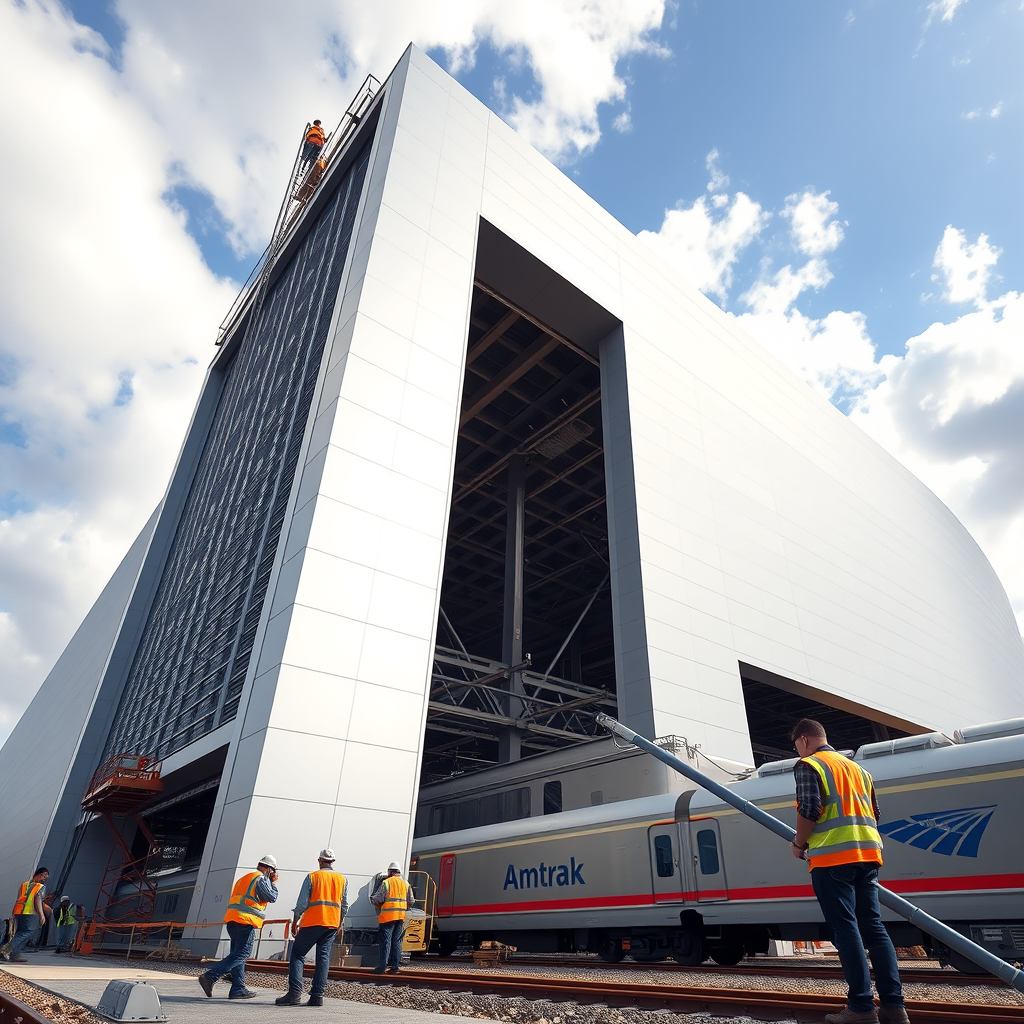Alexandria Metro’s Tech Upgrade: Thales’ Role in Egypt’s Modernization

Introduction
This article delves into the significant upgrade of Alexandria’s metro system in Egypt, a project spearheaded by the National Authority for Tunnels (NAT). The €1.3 billion contract awarded to a joint venture of Colas Rail and Orascom, with Thales providing the core technological infrastructure, marks a substantial investment in modernizing Egypt’s public transportation. This modernization goes beyond simply building a new line; it represents a comprehensive overhaul incorporating advanced signaling systems, automated fare collection, centralized control, and enhanced security features. The project leverages Thales’ extensive experience in railway systems, building upon their long-standing collaboration with NAT, dating back to the initial development of the Cairo Metro. This case study provides valuable insights into the complexities of large-scale railway infrastructure projects, highlighting the technological advancements driving modern metro systems and the strategic partnerships crucial for their successful implementation. The analysis will explore the technological components involved, the benefits expected from the upgrade, and the broader implications for urban transportation in Egypt.
Thales’ Technological Contribution
Thales’ role in the Alexandria metro project is multifaceted, encompassing several crucial technological aspects. The core of their contribution lies in the implementation of SelTrac Communications Based Train Control (CBTC), a cutting-edge signaling system that enables automated train operation and increased line capacity. CBTC allows for shorter headways (the distance between trains) and higher speeds, leading to significant improvements in operational efficiency and passenger throughput. Furthermore, Thales will provide a centralized control system, enabling real-time monitoring and management of the entire network from a central location. This improves responsiveness to incidents, minimizes downtime, and optimizes overall network performance. The integration of Thales’ Transcity automated fare collection system, supporting various payment methods including contactless cards and mobile payments, significantly enhances passenger convenience and reduces operational costs associated with manual ticketing.
Enhancing Security and Operational Efficiency
Beyond the core signaling and fare collection systems, Thales’ commitment extends to integrating advanced security solutions. The installation of comprehensive video management systems, coupled with intrusion detection capabilities, will enhance security along the entire line. This integrated approach, monitored from a central control center, allows for proactive incident management and improved overall system security. The seamless integration of all subsystems – signaling, control, fare collection, and security – is a key feature of Thales’ solution. This integrated approach reduces operational complexity and improves the overall efficiency of the network, minimizing potential points of failure and optimizing resource allocation. The result is a more reliable, efficient, and safer metro system for Alexandria.
Modernizing Alexandria’s Transportation Landscape
The Alexandria metro project represents a significant step towards modernizing Egypt’s urban transportation infrastructure. The transformation of the existing Aboukir suburban railway line into a fully-fledged metro system will address critical challenges including traffic congestion and air pollution. By encouraging a modal shift from private vehicles to public transport, the project aims to reduce both traffic congestion and greenhouse gas emissions within Alexandria. The improved efficiency and capacity of the upgraded system will allow for a more efficient and reliable mode of transport for Alexandrians, stimulating economic growth and improving the quality of life in the city.
Conclusions
The Alexandria metro project, a collaborative effort between NAT, Colas Rail, Orascom, and Thales, exemplifies a significant investment in modernizing Egypt’s urban transportation infrastructure. Thales’ provision of cutting-edge signaling (SelTrac CBTC), centralized control systems, automated fare collection (Transcity), and enhanced security solutions marks a considerable technological advancement for the Egyptian railway network. The project’s success hinges on the seamless integration of these systems, ensuring efficient and safe operation. This integrated approach minimizes downtime and maximizes efficiency, ultimately providing a superior passenger experience and contributing to improved urban mobility in Alexandria. The modernization of the Aboukir suburban line into a modern metro system will address crucial challenges such as traffic congestion and air pollution, encouraging a shift towards sustainable public transportation. The positive impacts extend beyond immediate improvements in commuting, stimulating economic activity and enhancing the overall quality of life for Alexandrians. This project serves as a model for future large-scale infrastructure projects in developing nations, demonstrating the potential of strategic partnerships and technological advancements in improving urban transportation systems. The success of this undertaking will be a significant contribution to Egypt’s economic development and its sustainable urban growth strategy.





